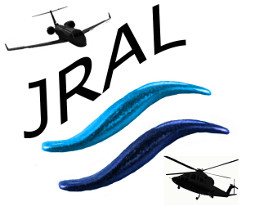
Emergency Response Planning is the process that defines activities that must be taken to prevent, prepare for, respond to or recover from a possible hazard. An emergency response plan documents the actions that organizations implement immediately after an incident has occurred. These tend to be more tactical in nature and focus on protecting and preserving human life, containing the emergency in coordination with responding entities such as fire and police, safeguarding the environment in the case of hazardous substance operations and minimizing damages to corporate property. JRAL links your evacuation response to your charter or airline partner’s emergency response.
Consider your own Preparedness
Your Duty of Care includes three degrees of involvement which include the safety and security of your people, leveraging your contracts and positioning during an international crisis and customer care. Evacuation measures should be taken into account for acts of corporate terrorism, political instability, natural disasters, and having enterprise zones next to an unfriendly neighbor.
Considering your options when
State, tribal, or local governments indicate that their resources may or have become overwhelmed.
The incident may cause significant disruption to the area’s critical transportation infrastructure, hampering evacuation operations.
The US government funded studies which say that people will not panic, loot or go hungry in the midst of a crisis, but the fact of the matter is that history has shown otherwise. It’s often the case that, despite countless warnings from those considered to be fringe lunatics, the vast majority of the populace is blindsided by horrific, paradigm-altering events and is ill-prepared to handle a major crisis. A corporate lockdown is a first step, but extraordinary planning will be necessary if you need to get your people out of a danger zone before the “great unwind” begins.
JRAL Involvement
Our experience includes real time response with corporate evacuations during the Indonesian riots in 1998, the 9/11 terror attacks in New York and Washington, Hurricane Ivan as it spread through the Caribbean Ocean in 2004, the 2011 Tsunami and resulting threats to the nuclear powerplants in Japan, and shipboard kidnappings off the coast of Somalia in 2011. Strategic alliances with companies that specialize in rapid evacuation can prove invaluable and JRAL can make the introductions and connections for you with the companies and organizations that have proven track records in providing this support on a global scale.